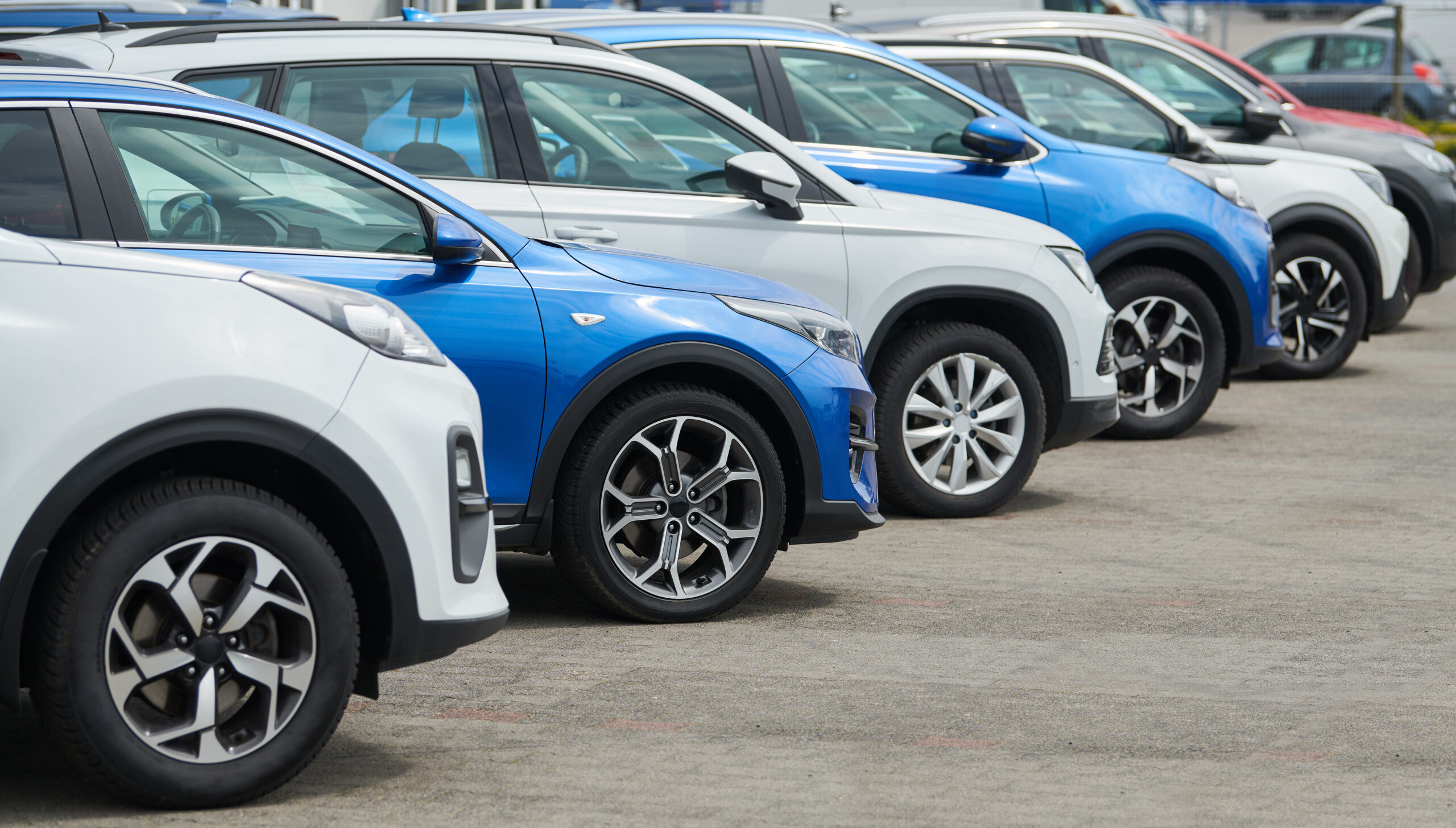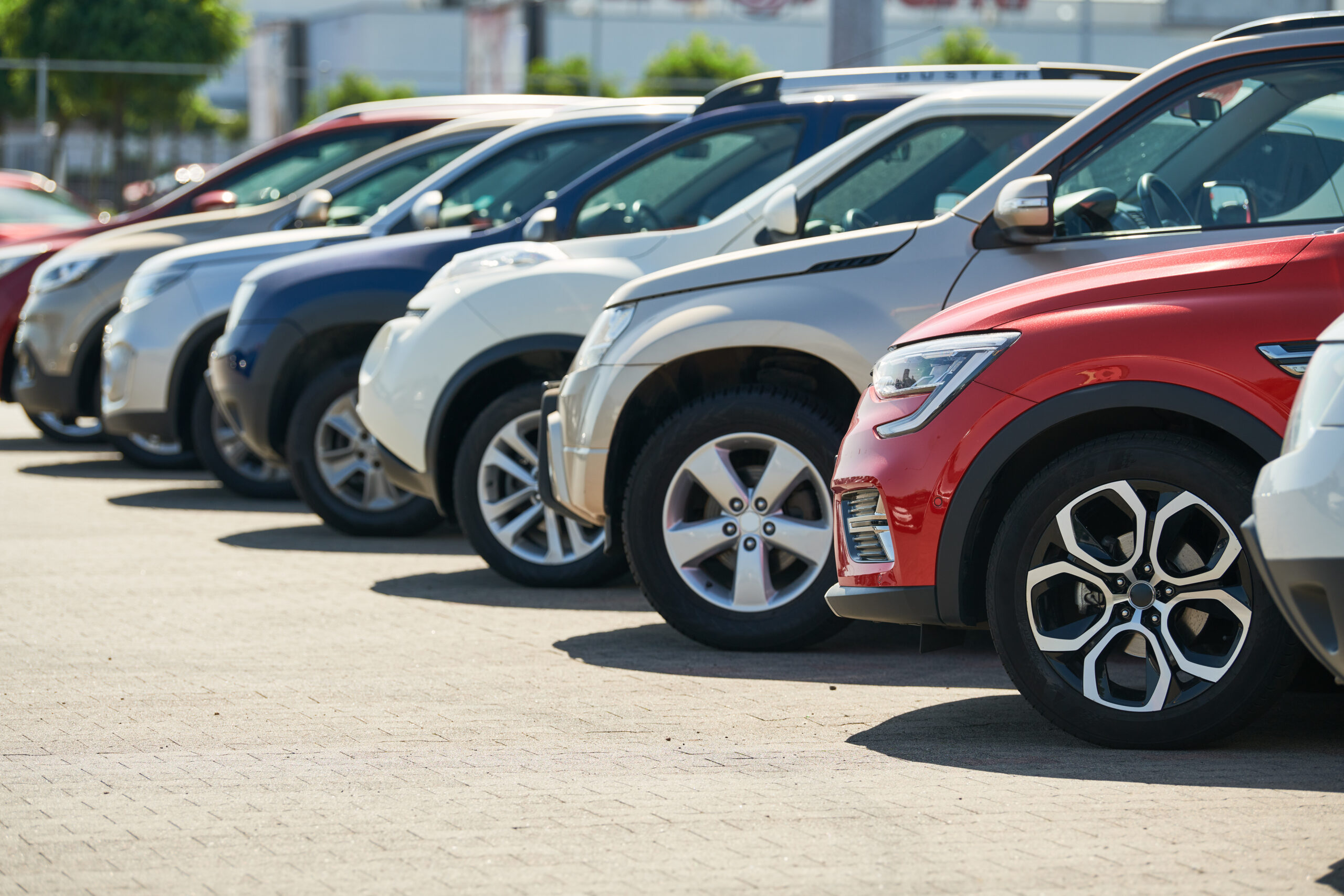
How Mileage Affects Your Lease-End Value
When you lease a car, you agree to various terms and conditions, one of the most critical being the mileage limit. The mileage limit is the maximum number of miles you can drive during the lease term without incurring additional charges. While it might seem like a minor detail, your mileage usage can significantly impact the overall cost of your lease and the value of the vehicle at the end of the lease term. In this article, we’ll explore how mileage affects your lease-end value, why it matters, and what steps you can take to manage your mileage effectively.
The Importance of Mileage Limits in Leasing
Mileage limits are set by leasing companies to account for the vehicle’s expected depreciation. Depreciation is the reduction in a vehicle’s value over time, primarily due to wear and tear and accumulated mileage. When you lease a car, the leasing company estimates the car’s residual value at the end of the lease term based on an assumed level of usage. This residual value is the estimated worth of the vehicle when you return it at the end of your lease. The higher the mileage on the car, the lower its residual value will be.
Standard Mileage Limits
Most lease agreements come with standard mileage limits, usually ranging between 10,000 and 15,000 miles per year. Some leases may offer higher mileage limits for an additional monthly fee, while others may have lower limits if you don’t drive much. It’s crucial to select a mileage limit that reflects your driving habits. If you exceed this limit, you will be required to pay a per-mile fee, which can range from £0.10 to £0.30 per mile. This fee can quickly add up, turning what seemed like an affordable lease into an expensive one.
Exceeding the Mileage Limit
If you exceed the agreed-upon mileage limit, the leasing company will charge you for the excess miles at the end of the lease. These charges are outlined in your lease agreement and are non-negotiable. For example, if your lease agreement states a mileage limit of 12,000 miles per year, and you drive 15,000 miles annually, you would exceed the limit by 3,000 miles. If the excess mileage charge is £0.20 per mile, you would owe an additional £600 at the end of your lease.
While £600 may not seem excessive, consider how much further you might exceed your mileage limit if you aren’t mindful of it. For drivers who frequently exceed their mileage limits, these charges can become a significant financial burden. Moreover, excess mileage can lead to a lower residual value for the vehicle, which affects the vehicle’s overall depreciation and can make future leasing or purchasing more costly.
Staying Within the Mileage Limit
Staying within your mileage limit is the best way to avoid additional charges and preserve your lease-end value. Here are some tips to help you manage your mileage effectively:
- Track Your Mileage Regularly: Keep a log of your mileage to ensure you’re not exceeding your limit. Many modern vehicles have digital displays that show your current mileage, making it easy to monitor.
- Plan Your Trips: Consider carpooling, using public transportation, or consolidating trips to reduce the number of miles you drive.
- Consider a Higher Mileage Lease: If you know you’ll exceed the standard mileage limit, it may be more cost-effective to opt for a higher mileage lease upfront. While the monthly payments may be slightly higher, it could save you from paying excess mileage fees at the end of the lease.
- Lease a Second Vehicle: If you find that you’re constantly exceeding your mileage limit, leasing a second, more fuel-efficient vehicle for daily commuting or errands might be a practical solution.
The Impact of Mileage on Residual Value
The residual value of a leased vehicle is one of the most critical factors in determining your monthly lease payments. Residual value is the estimated worth of the vehicle at the end of the lease term. Leasing companies calculate residual value based on several factors, including the vehicle’s make, model, and projected mileage.
Lower Residual Value Due to High Mileage
When you exceed the mileage limit, the vehicle’s residual value decreases because the car is subjected to more wear and tear. High mileage can lead to more significant depreciation, making the vehicle less valuable when it’s returned. This decreased value can have several consequences:
– Higher Costs for Early Termination: If you decide to terminate your lease early, the lower residual value due to high mileage can result in a higher early termination fee.
– Reduced Trade-In Value: If you plan to trade in the vehicle or buy it at the end of the lease, the lower residual value will reduce the trade-in or purchase price, potentially costing you more in the long run.
– Increased Wear and Tear Charges: Along with excess mileage fees, you may also face additional charges for excessive wear and tear, which is more likely with higher mileage.
Preserving Residual Value
To preserve the residual value of your leased vehicle, it’s essential to stay within the mileage limits and take good care of the car. Regular maintenance, avoiding harsh driving conditions, and keeping the vehicle clean can all contribute to maintaining its value.
Mileage and Lease-End Options
At the end of your lease term, you’ll have several options, each of which can be influenced by the mileage you’ve accumulated during the lease.
Option 1: Return the Vehicle
Most people choose to return the leased vehicle at the end of the term. If you’ve stayed within the mileage limit and kept the car in good condition, this process should be straightforward. However, if you’ve exceeded the mileage limit, you’ll need to pay the excess mileage fees. Additionally, the leasing company may inspect the vehicle for any excessive wear and tear, which could lead to further charges.
Option 2: Buy the Vehicle
If you’ve grown attached to your leased vehicle, you may have the option to buy it at the end of the lease. The purchase price will typically be the vehicle’s residual value as stated in the lease agreement. However, if you’ve exceeded the mileage limit, the car’s actual value may be lower than the residual value, which could make the purchase less attractive. In this case, you might be paying more for the car than it’s worth on the open market.
Option 3: Trade-In for a New Lease
Another option is to trade in your leased vehicle for a new lease. If you’ve stayed within the mileage limit and the car is in good condition, you may be eligible for a loyalty discount or other incentives when leasing a new vehicle. However, if you’ve exceeded the mileage limit, the excess mileage fees may need to be paid before you can start a new lease.
Exploring Mileage-Inclusive Leasing Deals
Given the significant impact of mileage on your lease-end value, it’s worth considering mileage-inclusive leasing deals. These deals offer more flexibility in terms of mileage limits, often allowing you to drive more miles each year without worrying about excess fees.
Mileage-inclusive leases are ideal for drivers who anticipate higher-than-average mileage, such as long-distance commuters or those who frequently travel for work. While these leases may come with a slightly higher monthly payment, they can provide peace of mind and potentially save you money in the long run by eliminating excess mileage charges.
Conclusion
Understanding how mileage affects your lease-end value is essential for anyone considering a car lease. By selecting the right mileage limit, monitoring your mileage usage, and exploring mileage-inclusive leasing deals, you can avoid excess charges and maintain the residual value of your leased vehicle. Whether you’re a daily commuter, a frequent traveller, or someone who only drives occasionally, managing your mileage effectively will ensure a smooth and cost-effective leasing experience.
If you’re considering leasing a car and want to avoid excess mileage fees, explore our range of mileage-inclusive leasing deals. Visit our website to find the best options that fit your driving habits and ensure a worry-free lease.









